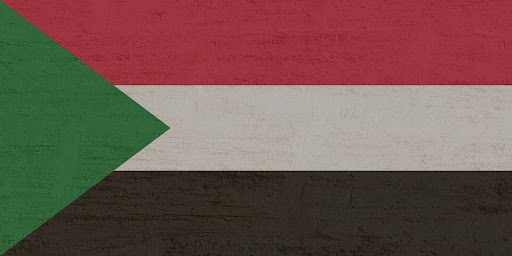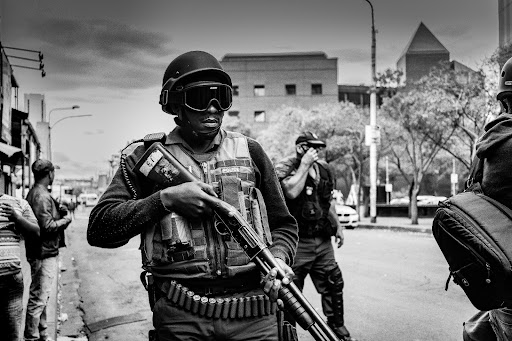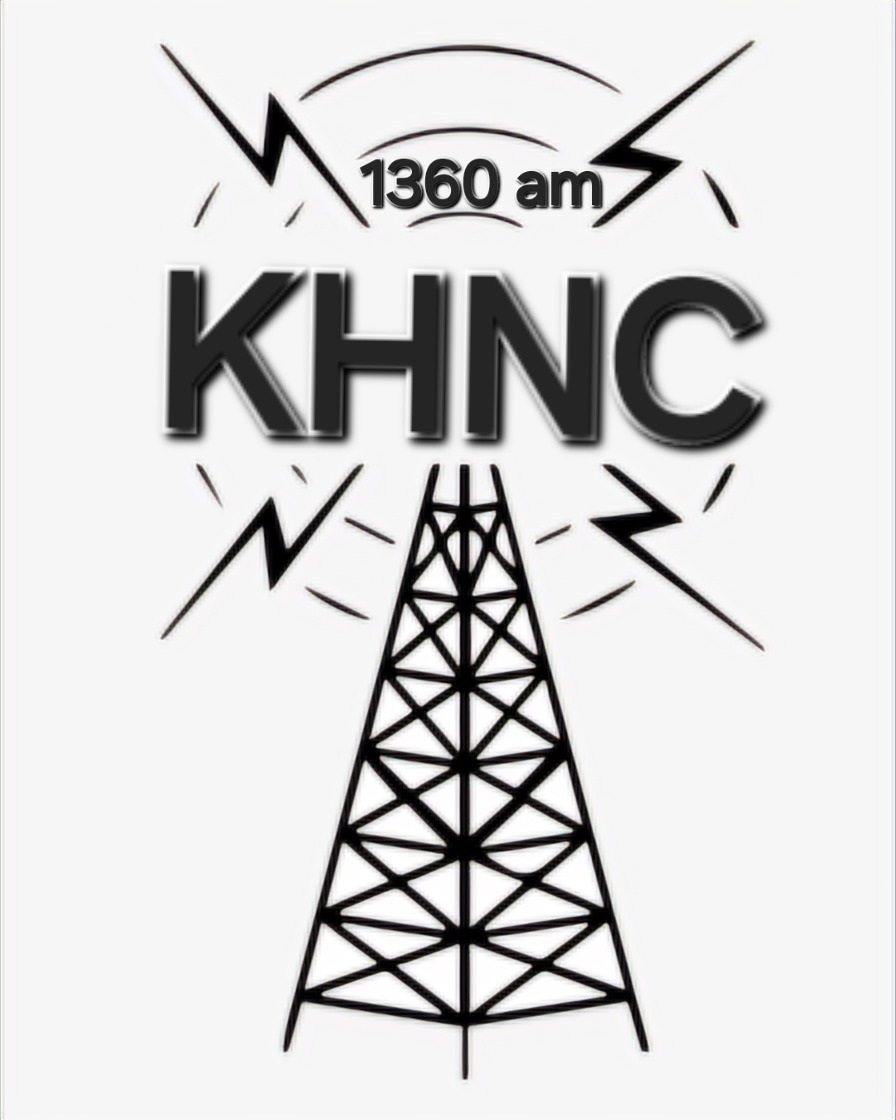
Sudan’s Prime Minister Abdalla Hamdok resigned on Sunday among the growing political issues and widespread pro-democracy protests following a military coup that ruined the country’s transition to democratic rule. Protests have been met with violent force from security officials. Hamdok, a former U.N. official and face of Sudan’s transitional government, was reinstated as prime minister in November as part of an agreement with the military following the October coup. In that time he failed to name a Cabinet. Now, Hamdok’s resignation has thrown Sudan even farther into uncertainty.
Why is Sudan Having So Many Issues?
In April 2019, a popular uprising forced the military to overthrow longtime autocrat Omar al-Bashir and his Islamist government. Then the recent October military coup upended Sudan’s plans to move to democracy. Now, the military and protesters have attempted to come to a power-sharing deal until elections in 2023. However, the relationship between the military and protestors was strained considerably by the military takeover threatening to return Sudan to international isolation. The Forces for the Declaration of Freedom and Change, an umbrella group of Sudanese political parties and pro-democracy organizations, has rejected the deal and urges for the end of military rule. Many who accused Hamdok of allowing the military to dominate the government are still organizing anti-coup street protests which are being met with extreme force, in some cases. Allegations surfaced last month of sexual violence, including rape and gang rape by security forces against female protesters, according to the United Nations. According to the Sudanese Doctors Committee, which is part of the pro-democracy movement, many protesters have been injured and even killed.
Sudan Protesters Met With Extreme Force
On Saturday, U.S. Secretary of State Antony Blinken urged security forces to “immediately cease the use of deadly force against protesters” and to hold those responsible for violence accountable. “We do not want to return to the past, and are prepared to respond to those who seek to block the aspirations of the Sudanese people for a civilian-led, democratic government.”

This did not seem to hinder the Sudan security forces. Hours before Hamdok’s resignation speech, Sudan security forces violently dispersed pro-democracy protesters, killing at least three people. Sunday’s fatalities have brought the death toll of protesters to 57 during the current military coup, according to the Sudan Doctors Committee. Hundreds have also been wounded. The protests came despite tightened security such as blocked bridges and roads in Khartoum and Omdurman. Internet connections were also disrupted ahead of the protests, according to advocacy group NetBlocs. Authorities have used these same demeaning tactics repeatedly since the beginning of the coup. Amid all of this violence and political turmoil, Prime Minister Hamdok has decided he is no longer fit to run the country.
Hamdok Resigns as Prime Minister of Sudan
Many have predicted Hamdok would step down, despite efforts to convince him to stay in office. In a televised national address Sunday, Hamdok called for all entities to agree on a “national charter” and “draw a roadmap” to complete the transition to democracy in accordance with the 2019 constitutional document. “I decided to return the responsibility and declare my resignation as prime minister,” he said, adding that his stepping down would allow a chance for another person to lead the nation and complete its transition to a “civilian, democratic country.”
“I tried as much as I possibly could to prevent our country from sliding into a disaster. Now, our nation is going through a dangerous turning point that could threaten its survival unless it is urgently rectified,” he said. “I have had the honor of serving my country’s people for more than two years. And during his period I have sometimes done well, and I have sometimes failed,” Hamdok said. He did not name a successor. The U.S. State Department took to twitter to urge Sudan’s leaders to “set aside differences, find consensus, and ensure continued civilian rule” following Hamdok’s resignation. The State Department also called for the appointment of the next government “in line with the 2019 constitutional declaration to meet the people’s goals of freedom, peace, and justice.”
“It’s time for the deployment of an international mediator who can do the job Hamdok was incapable of — finding political compromise between the military, the street and the FFC, to rewrite a roadmap for going forward,” said Cameron Hudson, a former U.S. State Department official and Sudan expert at the Atlantic Council’s Africa Center. Do you believe it was the right move for Hamdok to resign and let someone else attempt to rule the country? Should he have at least named a successor? What will Hamdok’s resignation mean for Sudan going forward? When should the United States become involved, if at all?
Written by: Erinn Malloy
